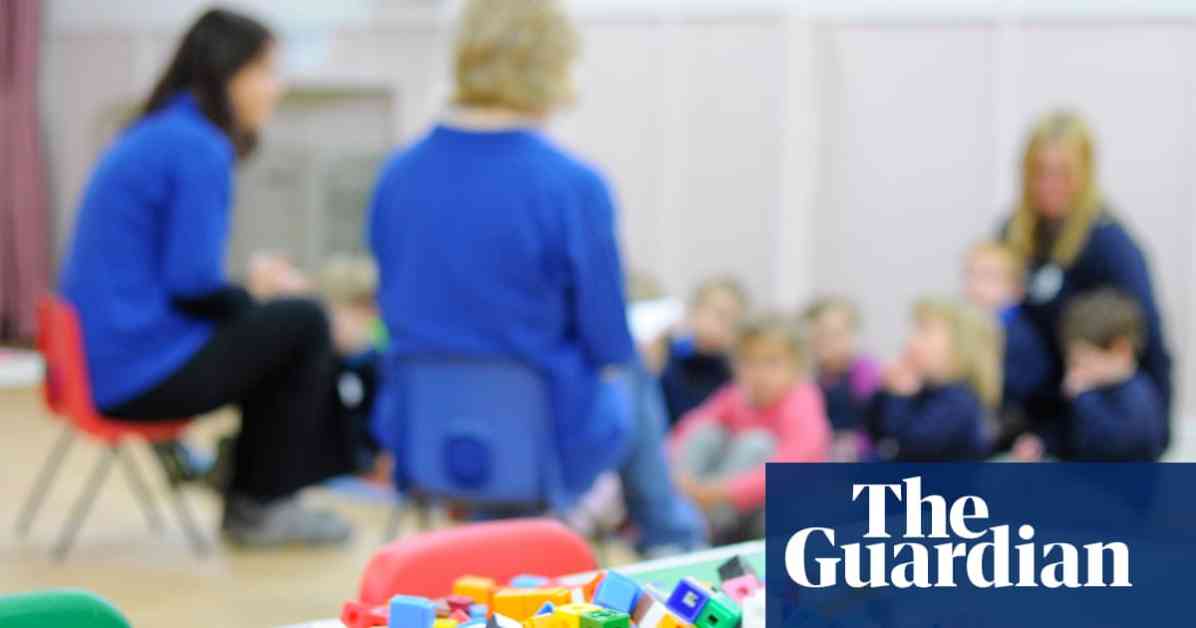**How Welsh County School’s New Policy on Parent Involvement is Shaping Children’s Early Development**
In a groundbreaking move, Blaenau Gwent council in Wales has implemented a new policy that is causing quite a stir among parents. According to the latest updates, parents are now required to come to school to change nappies if their children are not toilet trained. This decision has sparked a heated debate on parental responsibility, early childhood development, and the role of schools in educating young minds.
**The Council’s Stance on Toilet Training**
The local authority has made it clear that it is the parent or carer’s responsibility to ensure that their child is toilet trained before sending them to school. The new policy dictates that teachers will no longer change pupils’ nappies or pull-ups unless there is a “medically recognised need.” This directive is rooted in data collected from schools, indicating a significant number of pupils arriving at school still in nappies.
**Parental Involvement in School**
Under the new policy, parents will be expected to go to school to change their child’s nappies or pull-ups. However, this requirement does not apply in cases where there is a recognized medical need, supported by appropriate evidence. The council has assured parents and carers that they will continue to provide support by offering guidance and advice on toilet training.
**Expert Opinions on Early Childhood Development**
Laura Doel, the national secretary of school leaders’ union NAHT Cymru, emphasized the importance of children hitting their early milestones and being ready to learn when they start school. She highlighted the crucial role that everyone involved in a child’s life plays in supporting their development.
Juliette Rayner, CEO of Eric – the children’s bowel and bladder charity, shed light on the challenges faced by parents in today’s society when it comes to toilet training. She emphasized the lack of support available for parents compared to previous generations, attributing this to various social and economic factors that affect families.
**Implications for Children’s Health and Education**
The recent policy change has raised concerns about the impact of societal changes, the pandemic, and cuts to essential children’s services on children’s health and education. If not addressed promptly, these issues could have serious implications for children’s overall well-being.
**Final Thoughts**
As parents, educators, and policymakers grapple with the evolving landscape of early childhood development, it is essential to consider the broader implications of policies like the one implemented by Blaenau Gwent council. By fostering open discussions and collaboration between all stakeholders, we can ensure that children receive the support and guidance they need to thrive in their formative years. Let us reflect on the challenges faced by families today and work towards creating a more supportive environment for our children’s development.







